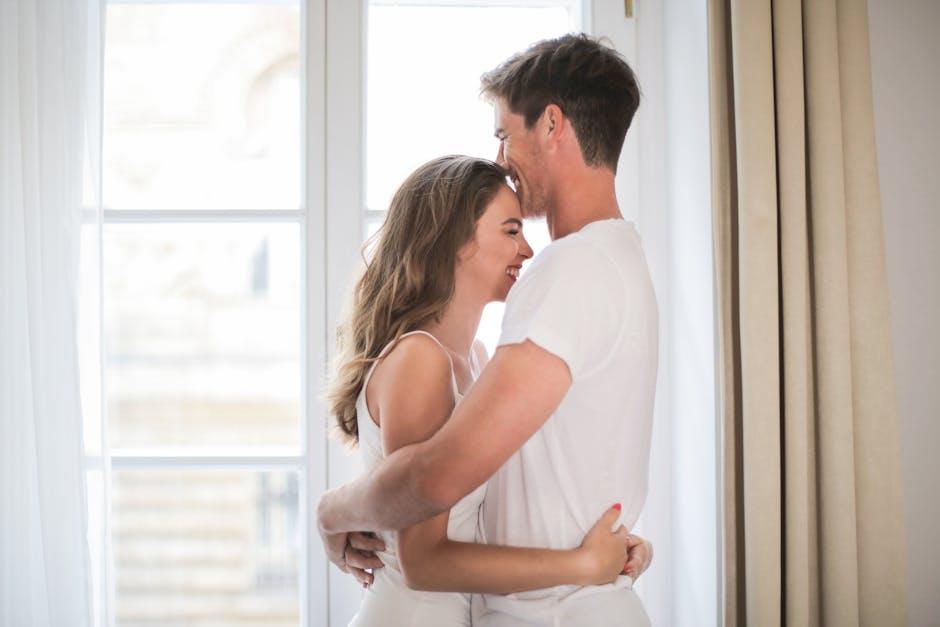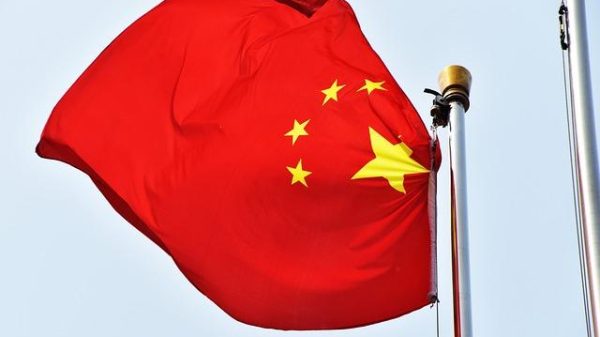In the delicate dance of early romance, the line between endearing and overwhelming can often blur, leaving us to question the true intentions behind grand gestures. Picture this: a first date where a simple coffee invitation spirals into an extravagant affair, complete with serenades, lavish gifts, or even declarations of love. For some, such gestures are the stuff of fairytales, a testament to genuine affection and a bold declaration of intent. For others, they might signal a cautionary tale, hinting at unrealistic expectations or deeper insecurities. This article delves into the world of grand romantic gestures on early dates, exploring whether they are the hallmark of a hopeless romantic or a potential red flag, inviting readers to reflect on the balance between romance and reality.
Navigating the Line Between Thoughtful and Overwhelming
Striking a balance between thoughtful and overwhelming can be a nuanced art, especially in the early stages of dating. While grand romantic gestures can sometimes sweep someone off their feet, they can also teeter into the territory of too much, too soon. Understanding what constitutes as “thoughtful” versus “overwhelming” is key to ensuring your gestures are well-received.
- Personalization: Tailor your actions to reflect shared interests or inside jokes, showing genuine interest rather than opting for generic displays.
- Timing: Consider the stage of your relationship. A surprise weekend getaway might feel exhilarating later on, but could be intimidating after just a couple of dates.
- Communication: Openly discussing comfort levels can prevent misunderstandings and help both parties navigate expectations.
By approaching gestures with mindfulness and an understanding of your partner’s comfort zone, you can ensure that your actions enhance the relationship rather than overwhelm it.
Understanding the Psychology Behind Grand Gestures
Grand romantic gestures, often seen in movies and literature, can evoke powerful emotions and set the heart racing. These gestures, while seemingly enchanting, are often deeply rooted in psychological dynamics that may not always be as romantic as they appear. Psychologists suggest that such gestures can sometimes be a manifestation of underlying needs or desires that go beyond mere affection. They may stem from a need to impress, a desire for validation, or even an attempt to exert control over the narrative of the relationship.
- Need for Validation: Some individuals use grand gestures to seek approval or admiration, hoping to affirm their self-worth through the eyes of their partner.
- Control Over Perception: By orchestrating elaborate displays of affection, a person may attempt to shape how they are perceived, presenting themselves as the ideal partner.
- Emotional Compensation: Large gestures might be compensating for perceived shortcomings or insecurities, creating an illusion of depth and commitment.
Understanding these psychological motivations can offer valuable insights into the intentions behind grand gestures. While they can indeed be genuine expressions of love, it’s crucial to consider the context and consistency of actions over time to discern whether they align with a healthy and balanced relationship dynamic.

Spotting Signs of Genuine Intentions Versus Manipulation
In the early stages of dating, it’s essential to differentiate between genuine affection and potential manipulation. While grand romantic gestures can be thrilling, they might also mask ulterior motives. To assess intentions, consider these key indicators:
- Consistency Over Time: Genuine intentions are typically marked by consistent behavior, whereas manipulative actions often fluctuate. Pay attention to whether the gestures continue beyond the initial excitement.
- Reciprocity: Healthy relationships thrive on mutual exchange. If one partner is overly extravagant without room for reciprocation, it might suggest an imbalance aimed at creating dependency.
- Respect for Boundaries: A genuine partner respects your comfort levels and boundaries. Manipulators, however, might push for rapid progression or commitment to gain control.
- Attention to Your Needs: Authentic gestures consider your interests and desires. If the gestures seem more about showcasing the giver than addressing your needs, it could be a sign of manipulation.
Recognizing these subtleties can help navigate early dating dynamics, ensuring that romantic gestures are a reflection of sincere intentions rather than a prelude to control.
Expert Tips for Setting Healthy Boundaries on Early Dates
When embarking on the journey of new relationships, understanding how to establish and maintain personal boundaries can make all the difference. Here are some expert tips to help you navigate this delicate process:
- Communicate Clearly: Ensure that your expectations and limits are communicated openly. It’s crucial to articulate your comfort levels without ambiguity to prevent misunderstandings.
- Take Your Time: While it might be tempting to dive headfirst into the excitement of a new romance, pacing yourself allows for a more genuine connection to develop. Don’t feel pressured to accelerate intimacy before you’re ready.
- Trust Your Instincts: If something feels off, don’t ignore that gut feeling. Your intuition can often guide you in identifying when a boundary is being pushed.
- Be Consistent: Consistency in enforcing your boundaries helps to reinforce them. Mixed signals can lead to confusion, so remain steadfast in your decisions.
- Practice Self-Respect: Remember that respecting yourself is just as important as being respectful to your date. Uphold your own values and principles without compromise.








